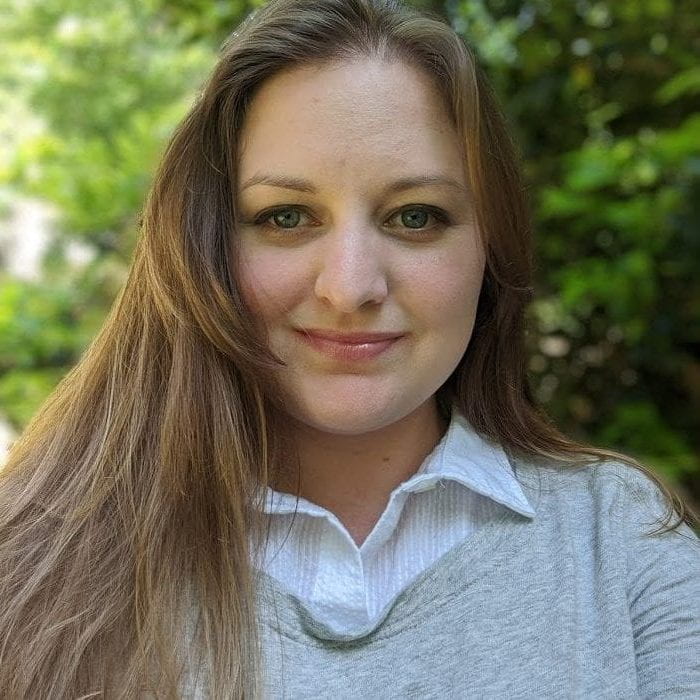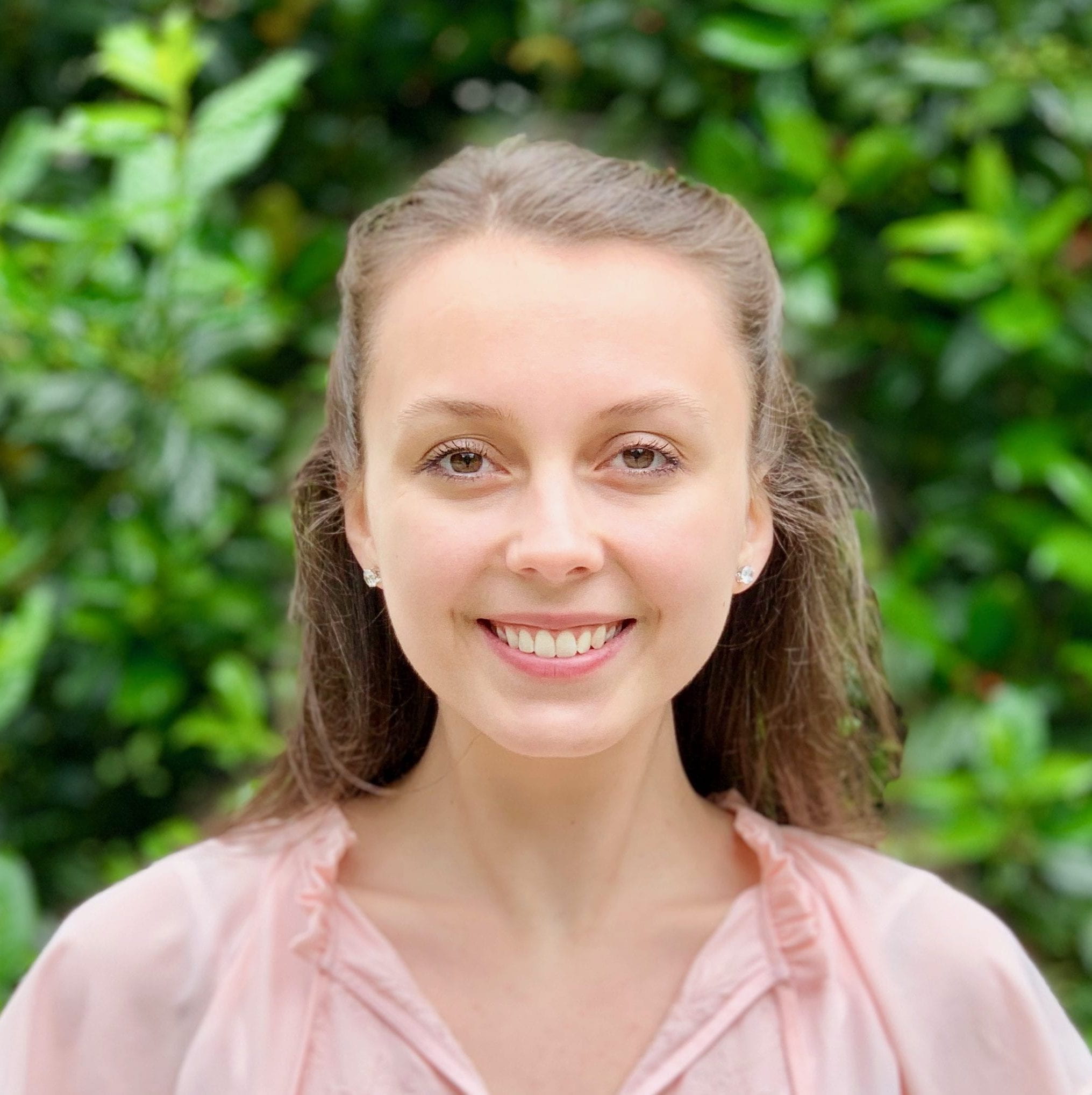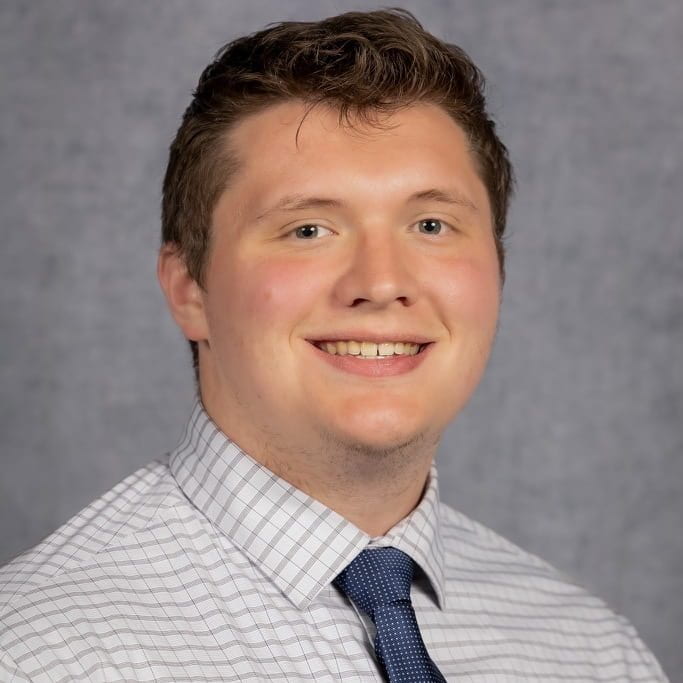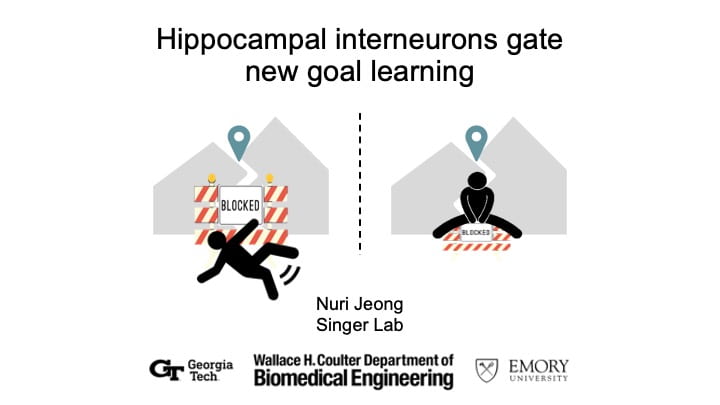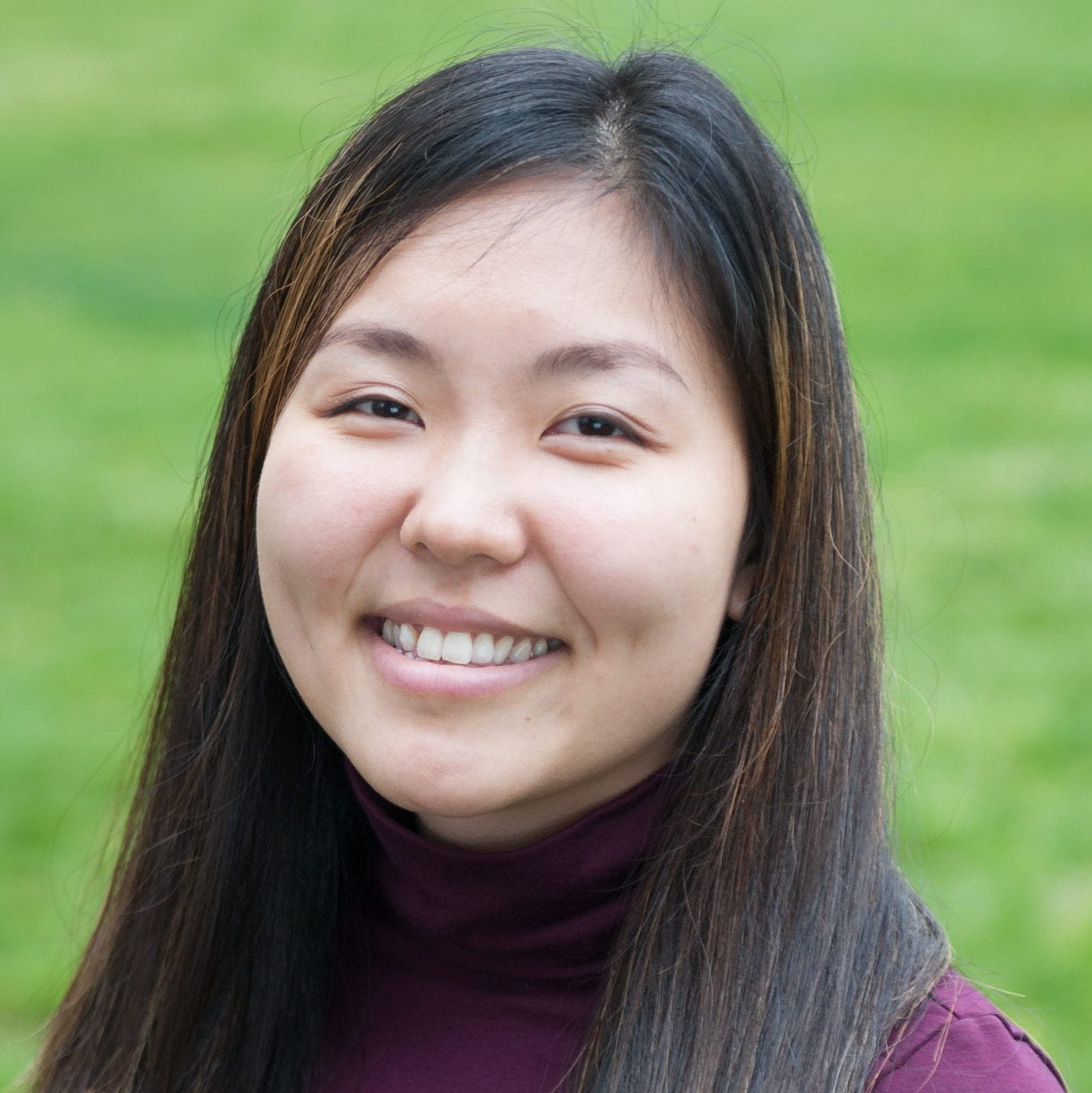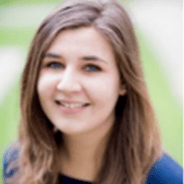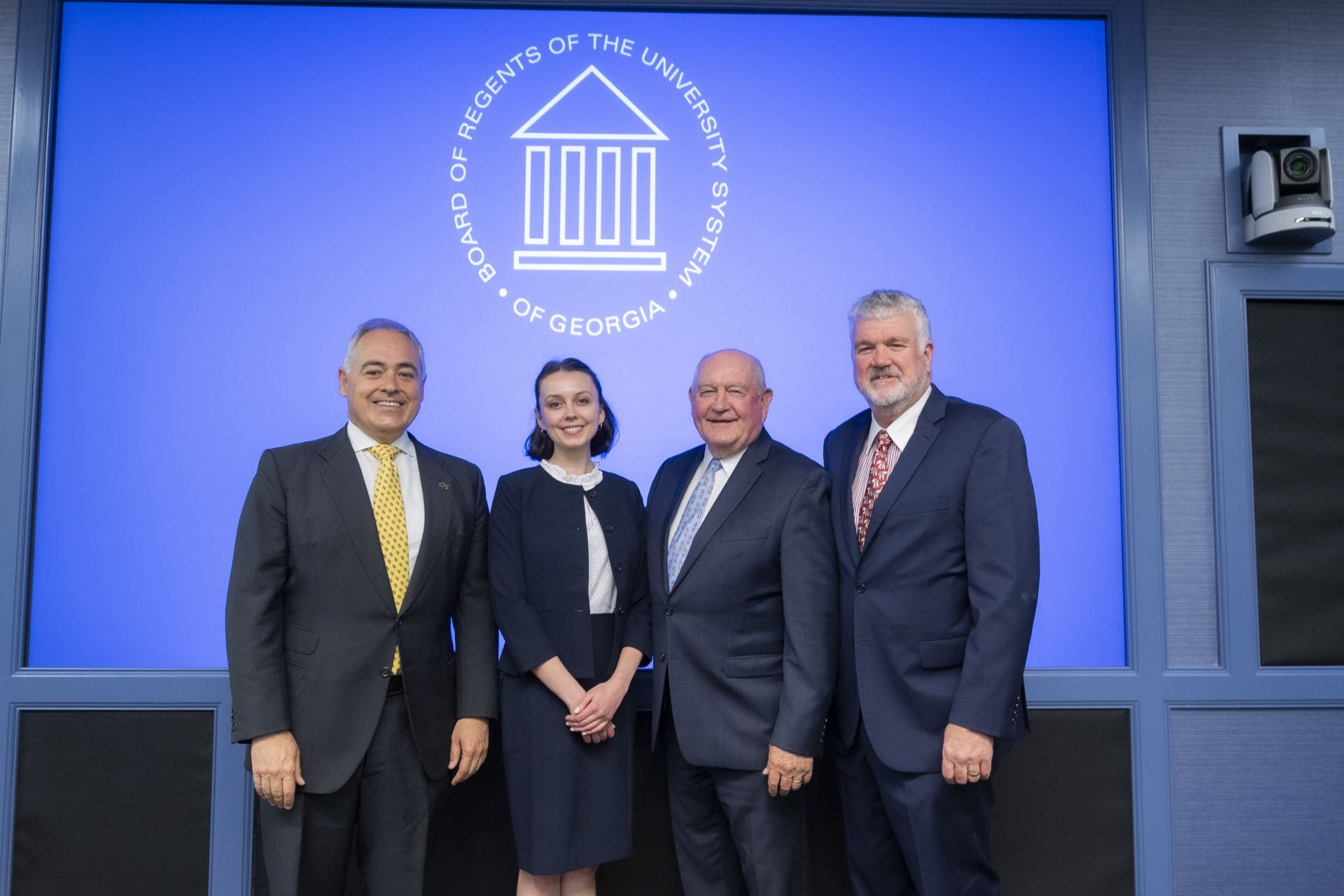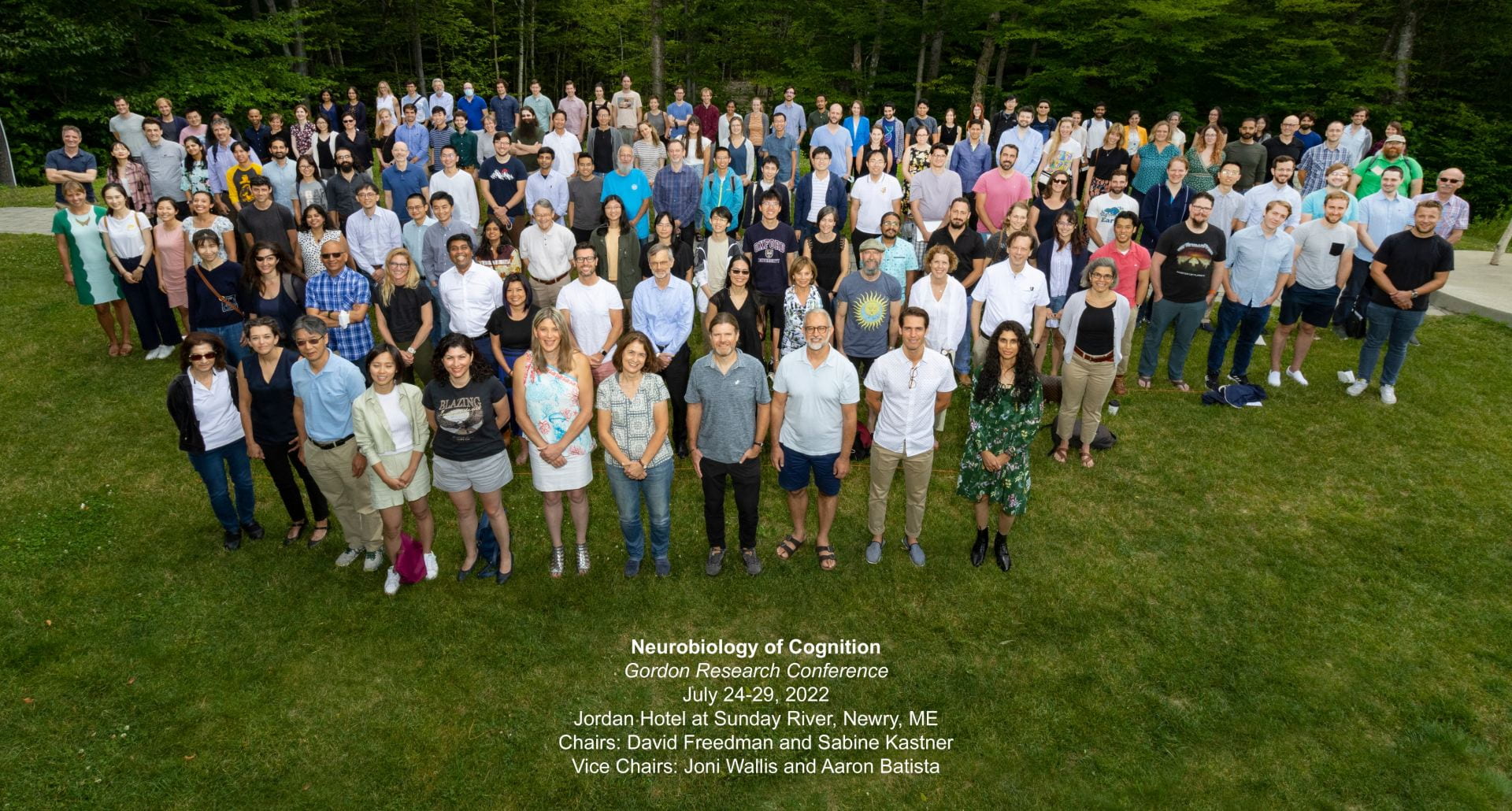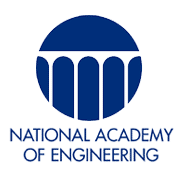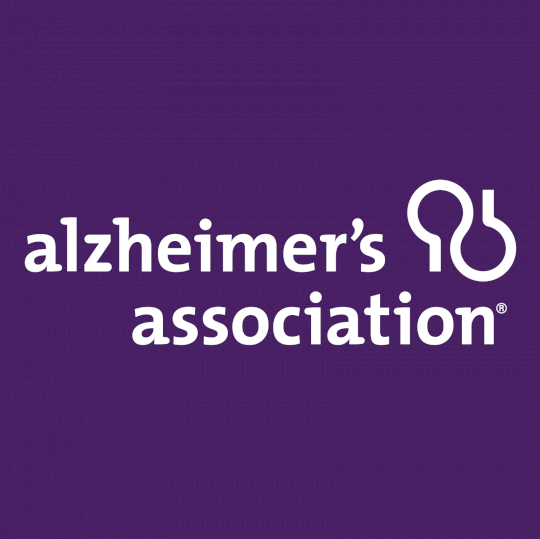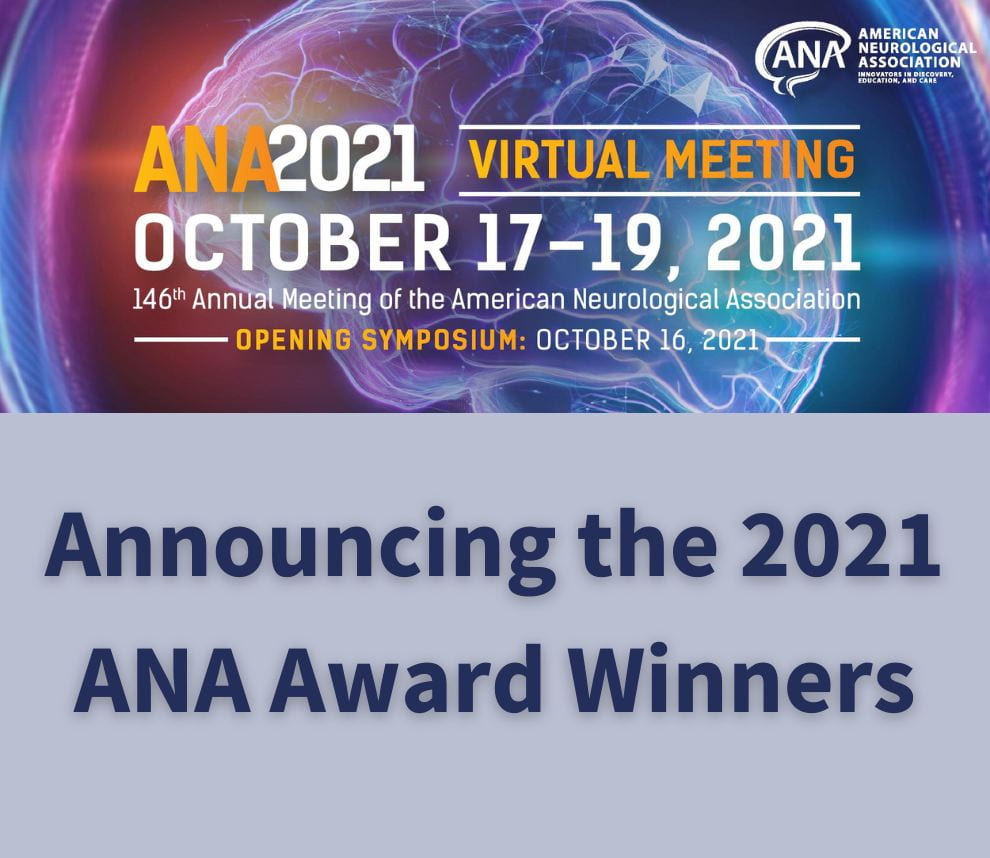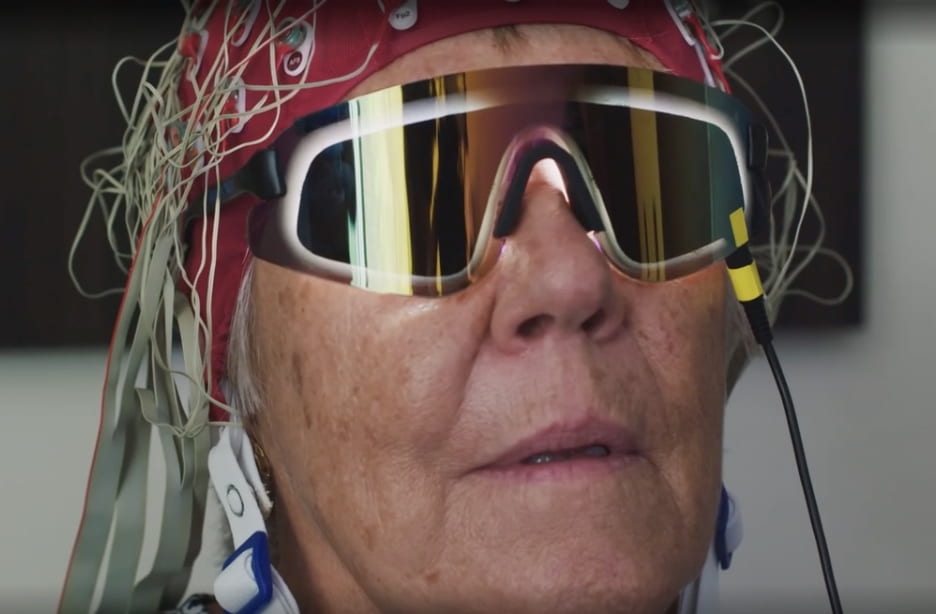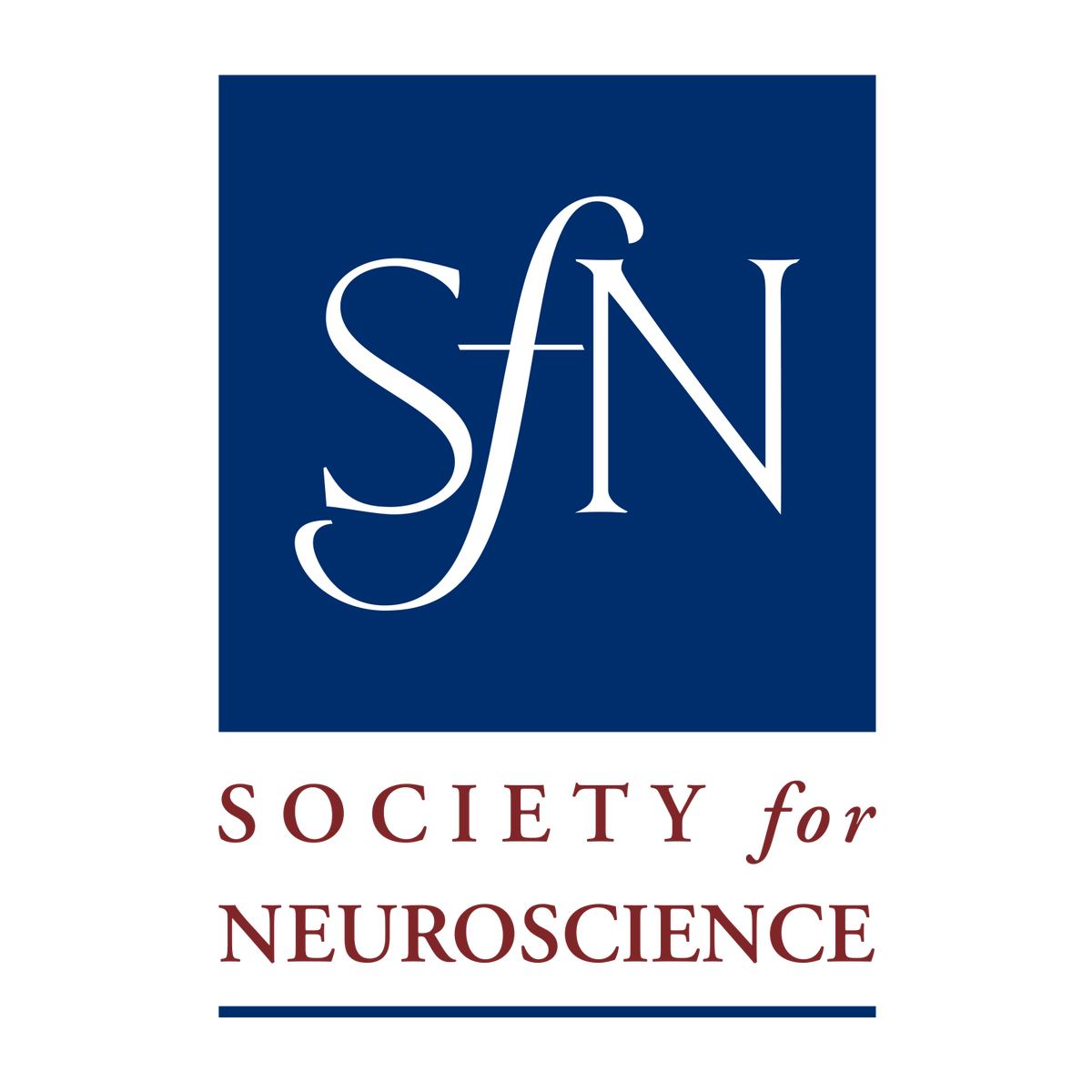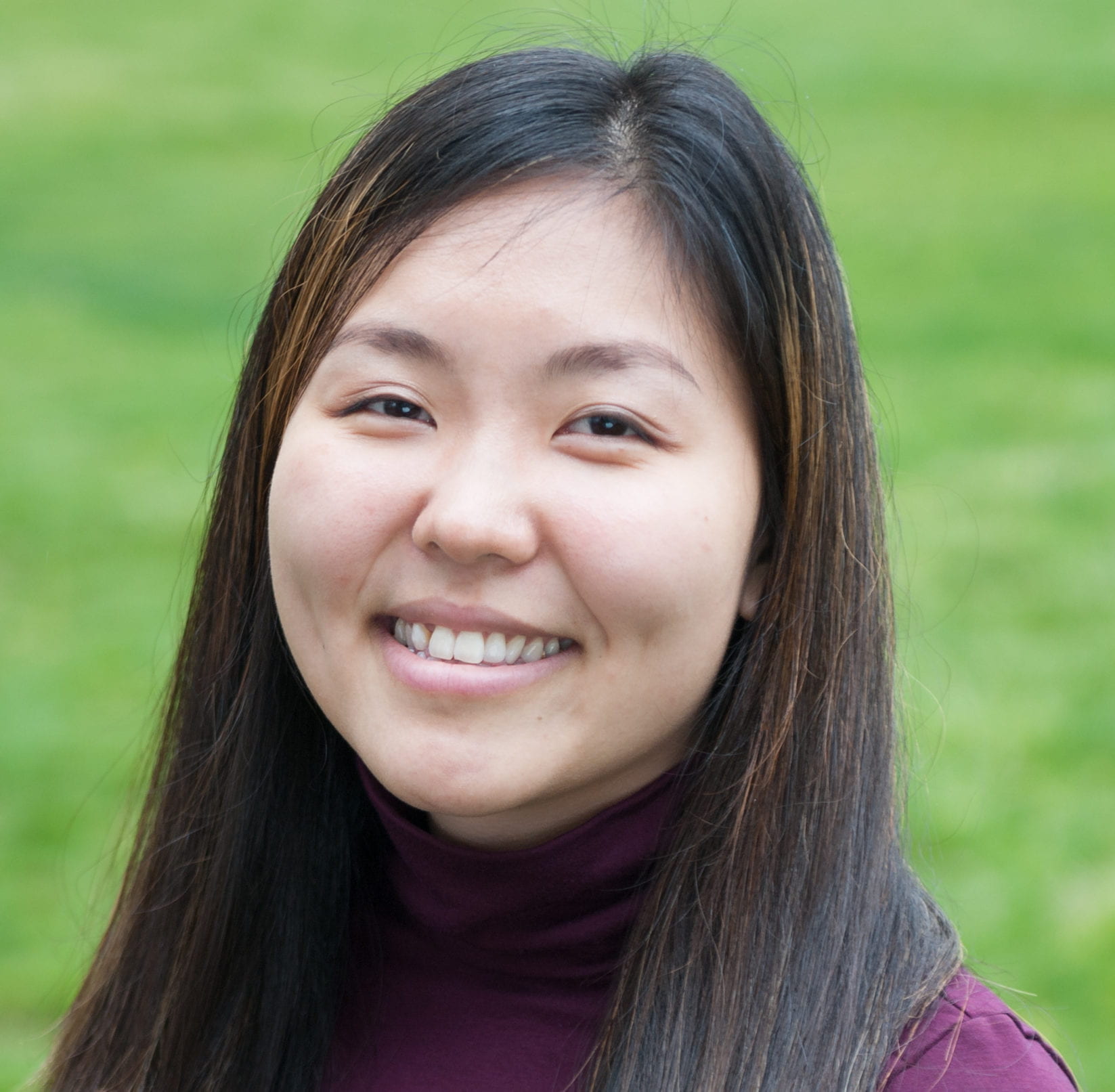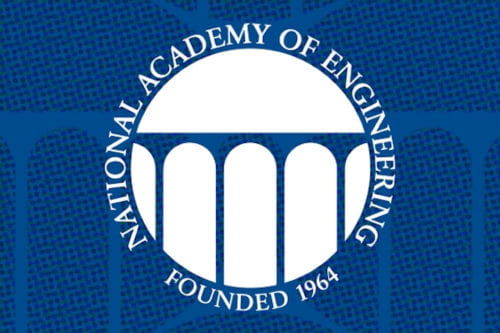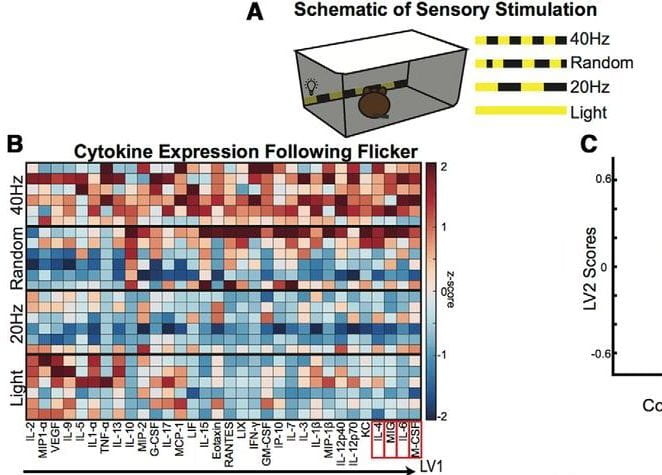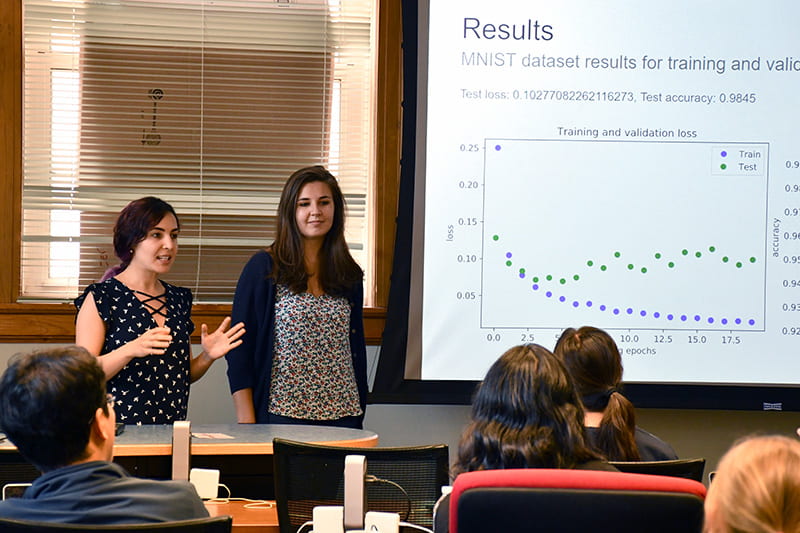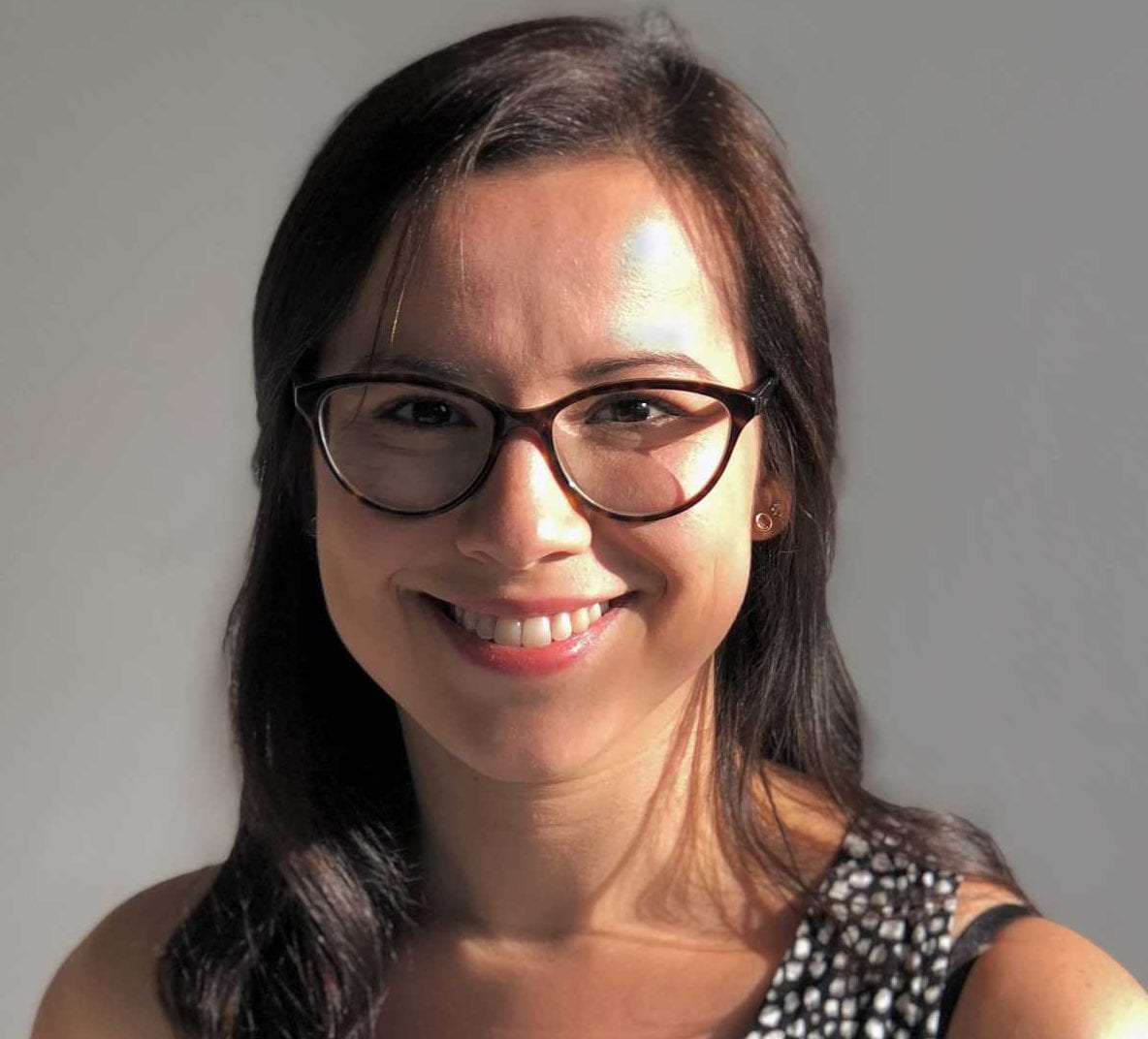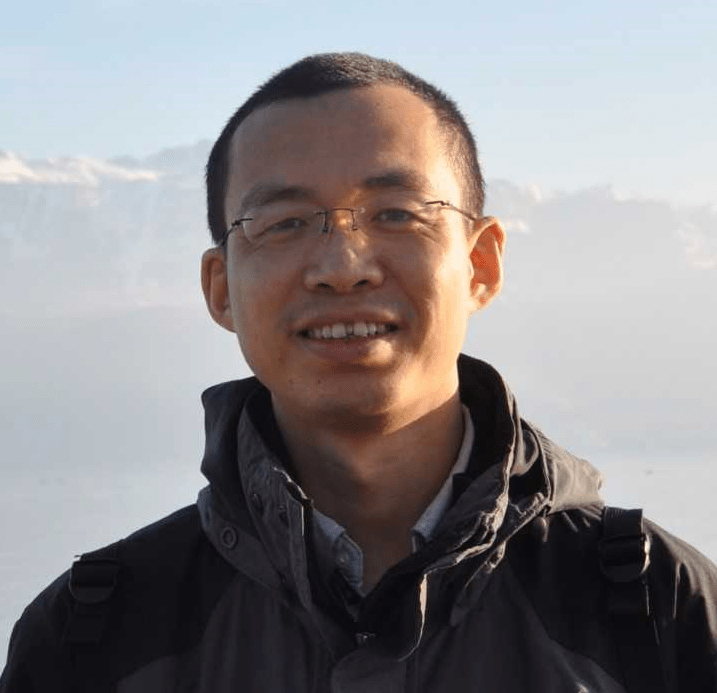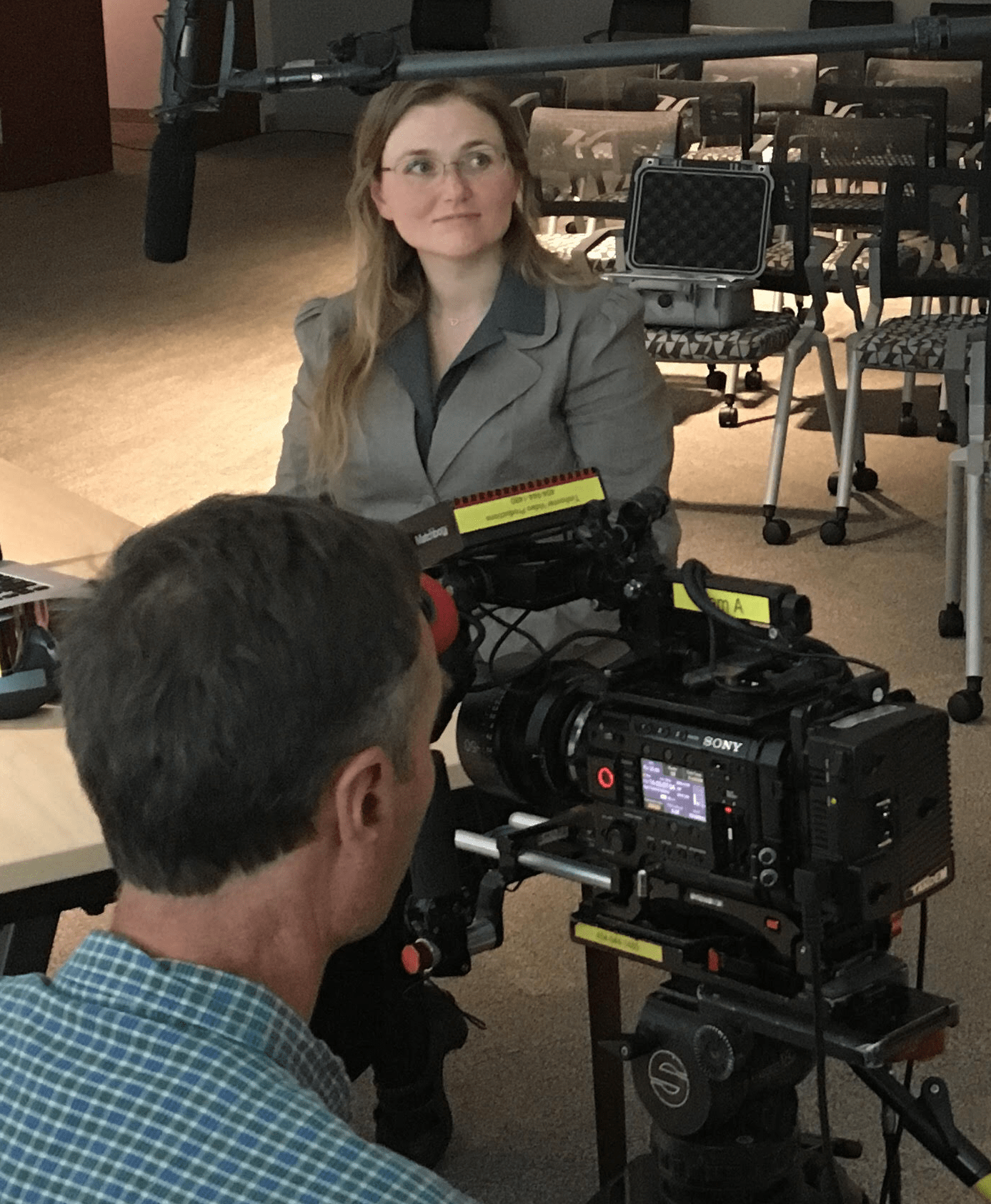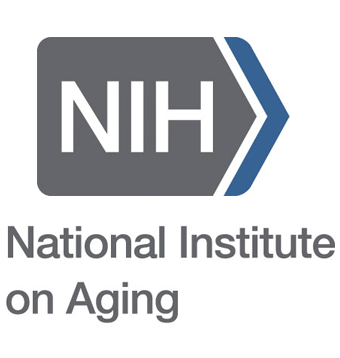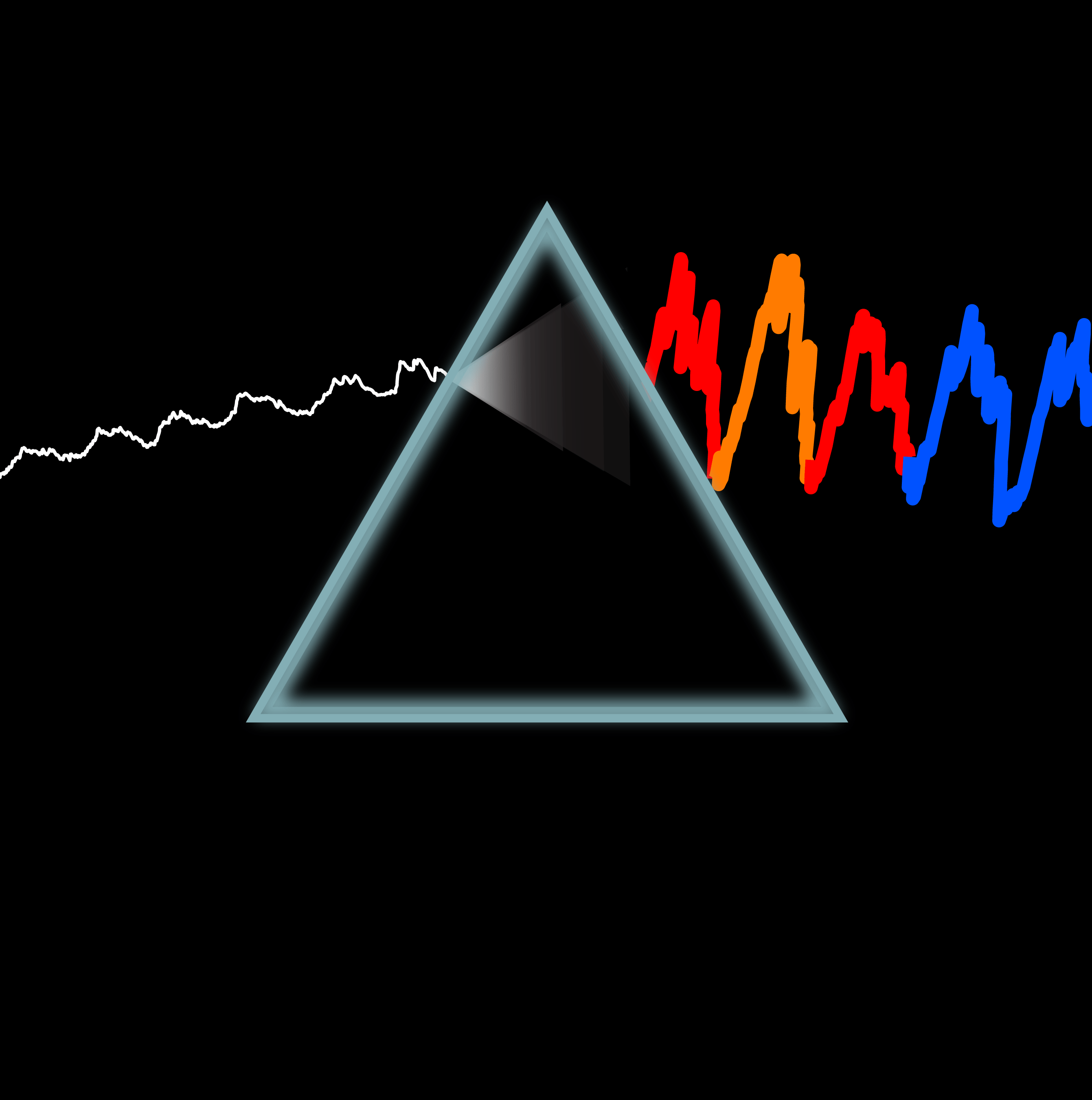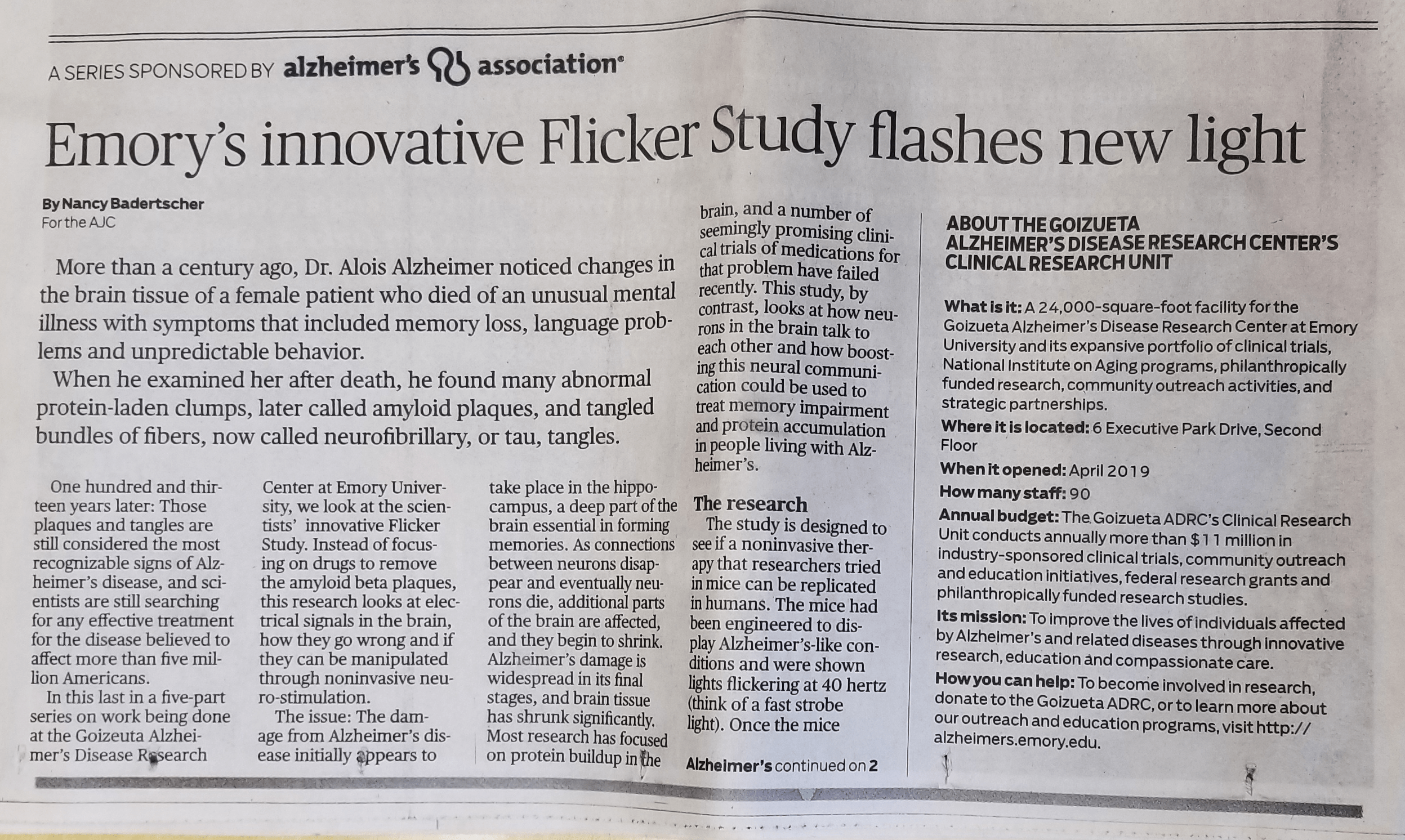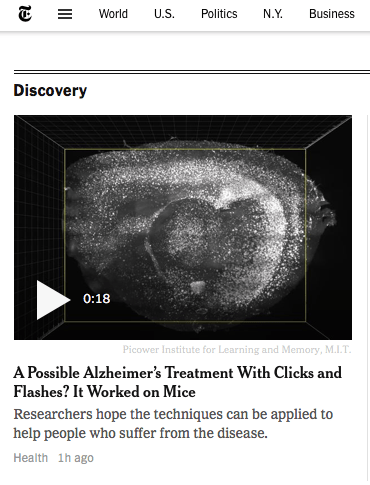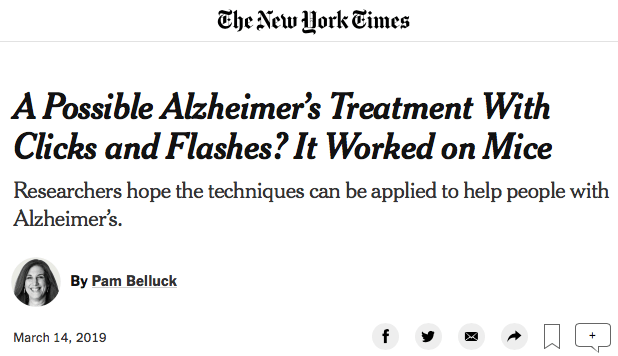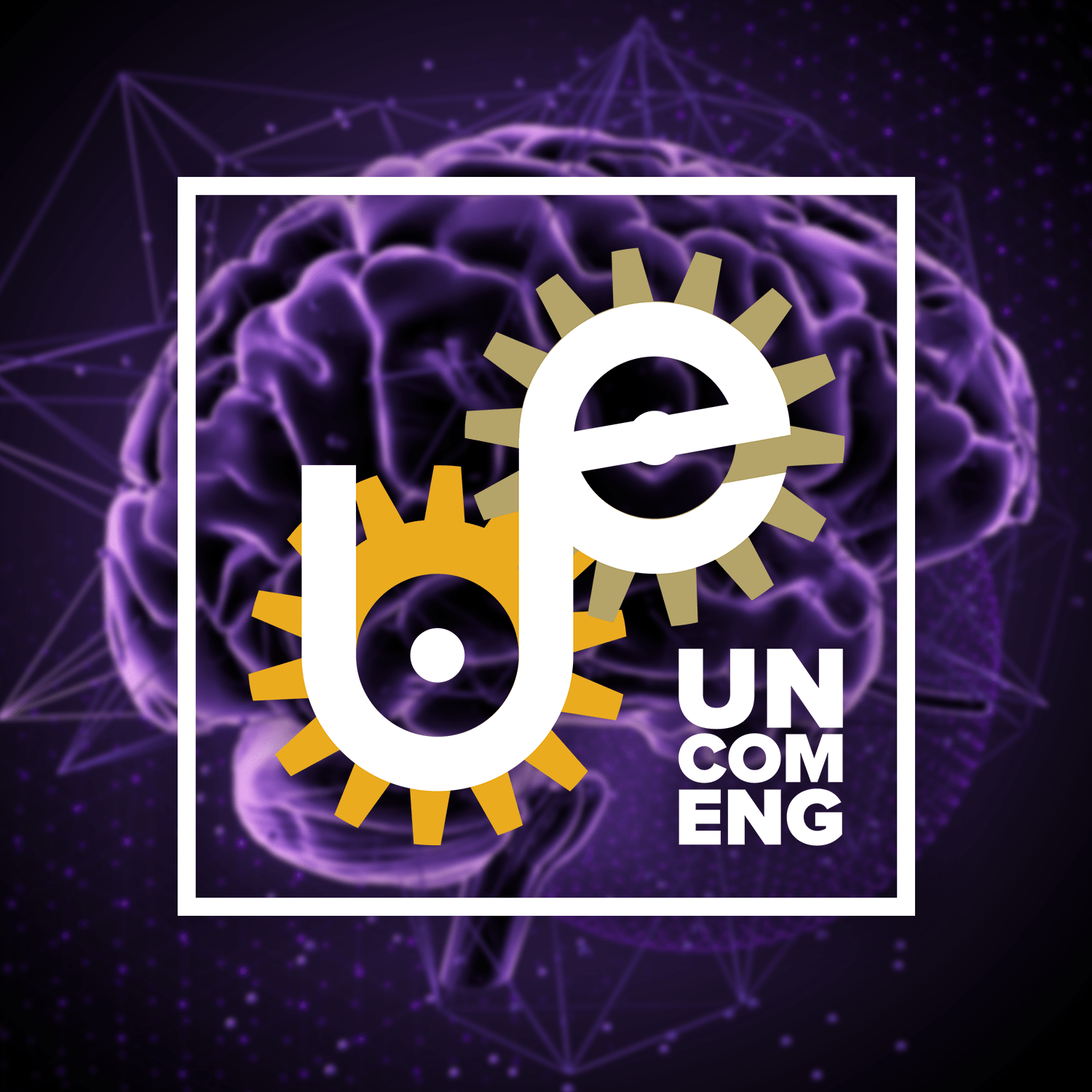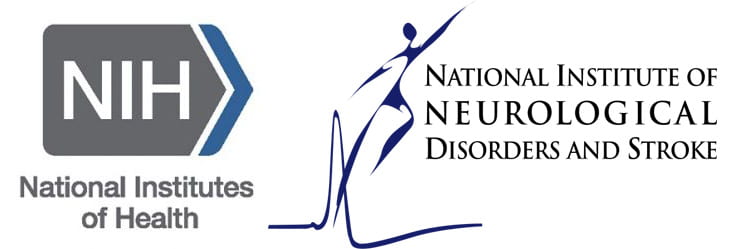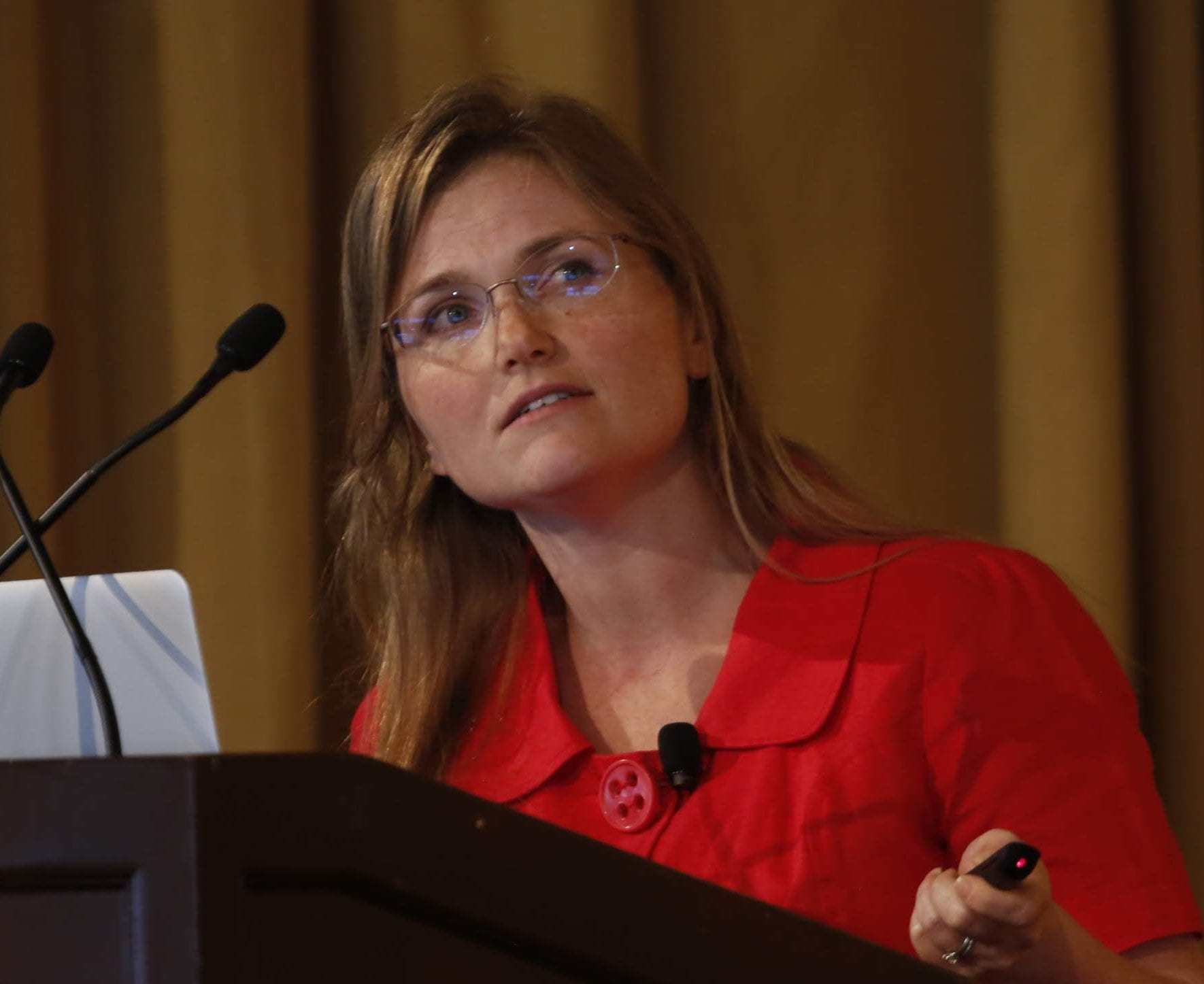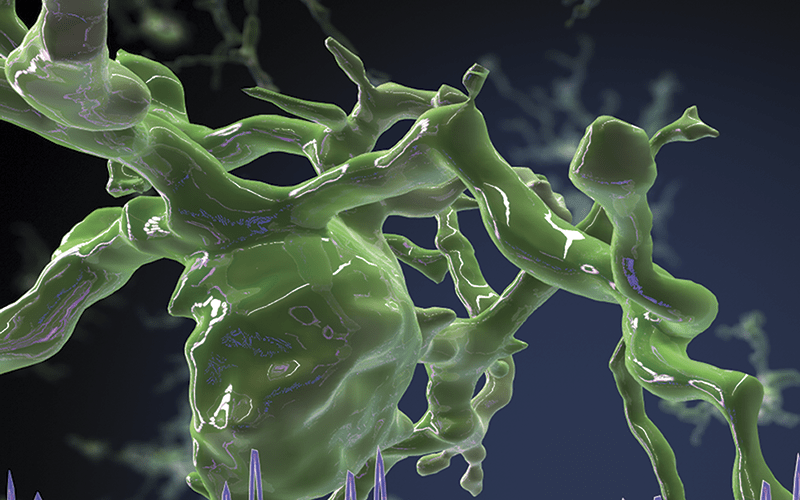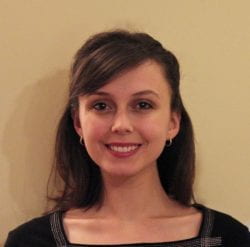News
Neuro Next Award
Congratulations, Xiao Zheng, for receiving the Neuro Next Initiative Student Research Award, FIRST PLACE!
Career Development Award (VA)
Congratulations, Ashley Prichard, for being granted a Career Development Award (CDA2) from the Atlanta Veterans Affairs RR&D
Issued Patent
Abigail Copeland, Kristie Garza, Levi Wood, and Annabelle Singer have been issued U.S. Patent No. 11,964,109 – “Systems and methods for driving neural activity to control brain signaling and gene expression”
BME Award for Abigail Copeland
Congratulations, Abby Copeland, for receiving the Biomedical Engineering Outstanding Fundamental Research Award from Georgia Tech and Emory University.
Award Winning Lab Members
Congratulations to Nancy Kye, Sindhu Mettupalli, Veronica Sills, Megha Seri, and Jacob Kraus, who were all bestowed Petit Undergraduate Research Awards, as well as Ashley Prichard for being given the Petit Mentor Award.
Hayden Moore Fellowship Award
Congratulations to Hayden Moore, recipient of both the National Science Foundation’s Graduate Research Fellowship (2023-2028), and Georgia Tech’s President’s Fellowship (2023-2027)
Singer Lab Research In the News
Reporters from Fox5 visited to the lab to learn about our research. See more here: https://www.fox5atlanta.com/news/georgia-tech-researchers-study-pulsing-light-as-non-invasive-alzheimers-disease-treatment
Paper Alert: Multisensory flicker modulates widespread brain networks and reduces interictal epileptiform discharges
Check out our new paper: “Multisensory flicker modulates widespread brain networks and reduces interictal epileptiform discharges” https://rdcu.be/dEtHG led by Lou Blanpain. Lou discovered how *human* neural circuits respond to sensory flicker stimulation and how sensory stimuli effect pathological epileptiform activity. In a series of clever experiments, Lou reveals new mechanisms of sensory evoked responses far…
Nuri recognized by GRC Neurobiology of Cognition
Congratulations to Nuri Jeong for being invited to present a research talk and for receiving a travel award from the Neurobiology of Cognition Gordon Research Conference. Nuri’s talk described her lastest discovery: “Hippocampal interneurons gate new goal learning by dynamically suppressing excitatory activity”
Nuri accepted to NeuroTech Course
Congratulations to Nuri Jeong on her acceptance to the 2022 NeuroTech Course Workshop! This NIH-funded program trains students in the fundamentals of bringing neurotechnology from preclinical to clinical to commercialization, and into the marketplace. Check out more here.
Steph Prince awarded Emory Women’s Club Fellowship
Congratulations to Steph Prince for being selected for the Emory Women’s Club Memorial Graduate Research Fellowship. This fellowship supports outstanding researchers completing their PhD. Find out more about the Emory Women’s club here.
Full Post Steph Prince awarded Emory Women’s Club Fellowship
Ashley Prichard accepted into ADRC Program
Congratulations to Ashley Prichard for being accepted into the Alzheimer’s Disease Research Center REC Trainee Program. This is a great opportunity for Ashley to expand her knowledge and experience of Alzheimer’s disease via world class scientists and clinicians at Emory.
New Paper: Learning from Inhibition
Nuri Jeong’s latest paper on “Learning from inhibition: Functional roles of hippocampal CA1 inhibition in spatial learning and memory” is now out. While excitatory cells often get center stage, this review shines a spotlight on interneurons. Understanding the role of hippocampal interneurons in memory is essential because these cells dysfunctional in many diseases. Recent studies…
Abby Paulson presents her work to Chancellor & Board of Regents
After winning an award for her 3 minute thesis presentation, Abby was invited to present to the Chancellor and Board of Regents for the University System of Georgia and to the President of Georgia Tech. Way to go Abby for showing our leadership the excitement and value of research done here at Georgia Tech.
Full Post Abby Paulson presents her work to Chancellor & Board of Regents
Congrats to Tina Franklin
Tina Franklin recently won an award for here presentation at the GRC Neurobiology of Brain Disorders conference. Her work received a lot of interest and great feedback at this conference at the Cold Spring Harbor Glia conference.
Lu Zhang headed to NeuroDataReHack
Lu Zhang was invited to the Allen Institute to join NeuroDataReHack, a neuro data hackathon in October. We’re looking forward to hearing about what he does!
Singer Lab at GRC Neurobiology of Cognition
Steph Prince, Nuri Jeong, and Lu Zhang had a great time presenting their work and hearing about the latest research at GRC Neurobiology of Cognition. We’re so excited to have the in person experience again at conferences to be able to come together as a community.
Paper Alert: Nonplace cells — what are they good for?
Non-place cells discriminate real goals from the fakes. Check out our latest paper led by Lu Zhang with Stephanie Prince and Abby Paulson. Goals are a key part of navigation. Studies have shown that some hippocampal cells can code for both goal and place information, but place-reward conjunctive coding would fail when spatial information about…
Full Post Paper Alert: Nonplace cells — what are they good for?
NAE Invites Singer to Deliver Gilbreth Lecture at 2022 National Meeting
Singer has received a Gilbreth Lectureship from the National Academy of Engineering (NAE) and will present her work on neural stimulation for Alzheimer’s patients at the Academy’s 2022 national meeting in Irvine, California. Read more here The Gilbreth Lectures were established in 2001 by the Council of the National Academy of Engineering as a means…
Full Post NAE Invites Singer to Deliver Gilbreth Lecture at 2022 National Meeting
Congratulations to Tina Franklin for Alzheimer’s Association Fellowship
Congratulations to Dr. Tina Franklin for being awarded an Alzheimer’s Association Research Fellowship! Thank you Alzheimer’s Association for supporting this groundbreaking research at the intersection of stress, inflamm-aging, and neurodegenerative disease.
Full Post Congratulations to Tina Franklin for Alzheimer’s Association Fellowship
Congratulations to Stephanie Prince for TWO scientific awards
Big congratulations to Stephanie Prince for being awarded the Emory Neuroscience Program Scholar of the year AND Outstanding Scientific Achievement Award! Steph has some very cool science in the works. Check out her paper from earlier this year here.
Full Post Congratulations to Stephanie Prince for TWO scientific awards
Singer wins Derek Denny-Brown Young Neurological Scholars Award from the American Neurological Association
The American Neurological Association has recognized Annabelle Singer for achieving significant stature in neurological research and demonstrating the promise of major contributions to come. Singer has received a Derek Denny-Brown Young Neurological Scholars Award from the association and will deliver a talk about her work virtually in October at the association’s 2021 national meeting. Read…
New Paper: A feasibility trial of gamma sensory flicker for patients with prodromal Alzheimer’s disease
Our human trial of gamma sensory stimulation or “flicker” in human Alzheimer’s patients based on our animal studies is now published: https://alz-journals.onlinelibrary.wiley.com/doi/10.1002/trc2.12178 This was an illuminating (pun intended) collaboration the clinical team at EmoryBrain Health Center led by James Lah and Allan Levey and the Wood lab and Singer lab at Georgia Tech. In planning the…
New Paper: Alzheimer’s pathology causes impaired inhibitory connections and reactivation of spatial codes during spatial navigation
Our new paper lead by Stephanie Prince is published and featured on the cover of Cell Reports. We found weaker inhibitory synaptic connections onto pyramidal neurons in CA1 during navigation in a mouse model of Alzheimer’s disease. Synaptic dysfunction is thought key to memory impairment in Alzheimer’s disease but is typically studied in slice or…
Qiliang He earns Warren Alpert Distinguished Scholar Award
Congratulations to postdoctoral fellow, Dr. Qiliang He for being granted a Warren Alpert Distinguished Scholar Fellowship Award for the continuation of his work on the reversal of age-related memory damage. Read the whole story [HERE!]
Full Post Qiliang He earns Warren Alpert Distinguished Scholar Award
Abby Paulson receives J. Norman and Rosalyn Wells Fellowship Award
Congratulations, Abby Paulson for receiving J. Norman and Rosalyn Wells Fellowship Award; granted for conducting meritorious research in the areas of neuroengineering or brain tumors.
Full Post Abby Paulson receives J. Norman and Rosalyn Wells Fellowship Award
Dr. Singer wins Trubatch Career Development Award from SFN
Dr. Annabelle Singer has been named a recipient of the prestigious Jannett Rosenberg Trubatch Career Development Award from the Society for Neuroscience (SfN). The Trubatch Award recognizes early-career researchers who have demonstrated great originality and creativity in their work. Congratulations to all the 2020 awardees! More on the 2020 Trubatch Career Development Award…
Full Post Dr. Singer wins Trubatch Career Development Award from SFN
Your Fantastic Mind Episode on Memory
On Wednesday Oct 14th at 7PM on Your Fantastic Mind, our research will be included in an episode on Memory showing on PBS. You can also find episodes here after broadcast
Nuri Jeong awarded Research Fellowship in Neuroscience
Congratulations to Nuri Jeong for receiving the Michael Kuhar Graduate Fellowship in Neuroscience!
Full Post Nuri Jeong awarded Research Fellowship in Neuroscience
Dr. Singer selected for National Academy of Engineering’s (NAE) 2020 EU-US Frontiers of Engineering Symposium.
Dr. Singer selected for the National Academy of Engineering’s (NAE) 2020 EU-US Frontiers of Engineering Symposium. More info here: https://bme.gatech.edu/bme/annabelle-singer-invited-join-nations-brightest-young-engineers-2020-eu-us-frontiers-engineering
New paper: Gamma Visual Stimulation Induces a Neuroimmune Signaling Profile Distinct from Acute Neuroinflammation
The Journal of Neuroscience has published Kristie Garza’s paper: Cellular/Molecular Gamma Visual Stimulation Induces a Neuroimmune Signaling Profile Distinct from Acute Neuroinflammation. This paper shows how visual stimulation rapidly induces critical neuroimmune signaling in healthy animals. Paper here:https://www.jneurosci.org/content/40/6/1211 News articles featuring this research:https://www.sciencedaily.com/releases/2020/02/200203141446.htmhttps://jneurosci.altmetric.com/details/74951155/news
Dr Singer presents at Alzheimer’s Disease Centers Fall 2019 Directors meeting and received Junior Investigators Presentation Award from the NIA.
Dr. Singer presents at Alzheimer’s Disease Centers Fall 2019 Directors meeting and received the Junior Investigators Presentation Award from the NIA.
Stephanie Prince accepted to attend NSF Cyber Carpentry Workshop.
Stephanie Prince accepted to attend NSF Cyber Carpentry Workshop. More info here: https://sils.unc.edu/news/2019/cyber-carpentry
Full Post Stephanie Prince accepted to attend NSF Cyber Carpentry Workshop.
Kristie Garza named an SFN Neuroscience Scholars Program Associate
Kristie Garza named an SFN Neuroscience Scholars Program Associate for 2019-2021. Congrats, Kristie! More info here: https://www.sfn.org/initiatives/diversity-programs/neuroscience-scholars-program
Full Post Kristie Garza named an SFN Neuroscience Scholars Program Associate
Online Journal Club of our recent paper
Check out Lu Zhang presenting his paper “Sub-second dynamics of theta-gamma coupling in hippocampal CA1” in JRNLclub, an online journal club: https://jrnlclub.org/research-films/sub-second-dynamics-theta-gamma-coupling
German Documentary Highlighting our Flicker study
Dr. Singer and colleagues were interviewed for a German documentary “Puzzling forgetting – new hope in Alzheimer’s.” The documentary will air Thursday 9/19 on 3sat at 8:15PM. Full video and more information (in German) here: https://www.3sat.de/wissen/wissenschaftsdoku/raetselhaftes-vergessen-100.html And here: https://www.facebook.com/3sat.de/videos/1091711534368653/?epa=SEARCH_BOX
Congratulations Abby on receiving the F31 predoctoral fellowship!
Congratulations to Abby Paulson for receiving an F31 pre-doctoral training fellowship from the NIA. The project, entitled “Effects of non-invasive gamma stimulation on hippocampal neural codes in a mouse model of Alzheimer’s disease” builds on her prior work, a collaboration with Anthony Martorell that was published earlier this year in Cell. Well done Abby!
Full Post Congratulations Abby on receiving the F31 predoctoral fellowship!
New paper: Sub-second Dynamics of Theta-Gamma Coupling in Hippocampal CA1.
Lu’s paper is published in eLife. Click to check it out or go here: https://elifesciences.org/articles/44320 This paper reports new methods to examine oscillatory brain activity (or brain waves), which are thought to play a key role in how different brain regions communicate. These brain waves, which are altered in many diseases, can be thought of like walkie talkies…
Full Post New paper: Sub-second Dynamics of Theta-Gamma Coupling in Hippocampal CA1.
Singer Lab study featured in Atlanta Journal Constitution
Our study with the Emory Brain Health Center was featured in a recent edition of the Atlanta Journal Constitution:
Full Post Singer Lab study featured in Atlanta Journal Constitution
Anthony and Abby’s paper is covered in the New York Times
Anthony and Abby’s Cell paper is covered in the New York Times: An especially insightful write up and commentary from AlzForum: Flash! Beep! Gamma Waves Stimulate Microglia, Memory
Full Post Anthony and Abby’s paper is covered in the New York Times
New Paper in Cell arising from our collaboration with Li-Huei Tsai’s group
Congratulations to Anthony Martorell (Li-Huei Tsai’s lab) and Abby Paulson (my lab), co-first authors of this cool new paper in Cell. In short: auditory + visual sensory flicker stimulate rhythmic activity in deep brain regions that are hard to reach with existing non-invasive stimulation, like the hippocampus and prefrontal cortex. Gamma frequency multi-sensory flicker (but…
Full Post New Paper in Cell arising from our collaboration with Li-Huei Tsai’s group
Nuri Jeong awarded YITP Award
Congratulations to Nuri Jeong for winning a Young Investigator Training Program award for the 10th IBRO World Congress of Neuroscience in Daegu, Korea this year. Great job, Nuri!
Dr. Singer Speaks with the Dean of Engineering about Memory
Annabelle Singer and Dean McLaughlin discuss memory, Alzheimer’s, and our research in the Dean’s podcast, The Uncommon Engineer: Listen to more episodes of the Dean’s Uncommon Engineer series here:
Full Post Dr. Singer Speaks with the Dean of Engineering about Memory
Singer selected as National Academy of Sciences Kavli Fellow
As a National Academy of Sciences Kavli Fellow, Dr. Singer attended the 18th Chinese-American Kavli Frontiers of Science symposium in Nanjing, China. The Kavli Frontiers of Science symposium series (KFoS) is the Academy’s premiere activity for distinguished young scientists. Kavli Frontiers of Science symposia bring together outstanding young scientists to discuss exciting advances and opportunities in a…
Full Post Singer selected as National Academy of Sciences Kavli Fellow
Steph awarded SFN Trainee Professional Development Award
Congratulations to Steph Prince for being selected for the SFN Trainee Professional Development Award. More details here.
Full Post Steph awarded SFN Trainee Professional Development Award
Singer lab awarded NIH grant
The Singer lab was awarded a 5-year grant from the NIH National Institute for Neurological Disorders and Stroke (NINDS). We are grateful to the NIH for it’s continued support of basic research.
Singer talk broadcast on Facebook Live
Tune in to the Packard Foundation’s Facebook page for live coverage of Dr. Singer and other Fellows’ presentations on Thursday, September 6 from 10:40-11:20 AM PST. Share with your lab and colleagues!
Singer Highlighted in GT President’s Annual Address
Dr. Singer was highlighted in Georgia Tech President Bud Petersen’s Annual Address to the Institute. See the slides here.
Full Post Singer Highlighted in GT President’s Annual Address
New Paper: Noninvasive 40-Hz light flicker to recruit microglia and reduce amyloid beta load
Our new paper in Nature Protocols describes a non-invasive approach to evoke microglia engulfment and reduce amyloid levels in the mouse brain. We describe how to assemble and operate a custom-made 40 Hz light flicker system and downstream analysis of the molecular and cellular effects. Read more here
Abigail Paulson selected for T32 Training Grant
Congratulations to Abigail Paulson for being selected to be funded by Dr. Levey’s T32 training grant: “Training in translational Research in Neurology”. Great job, Abby!

